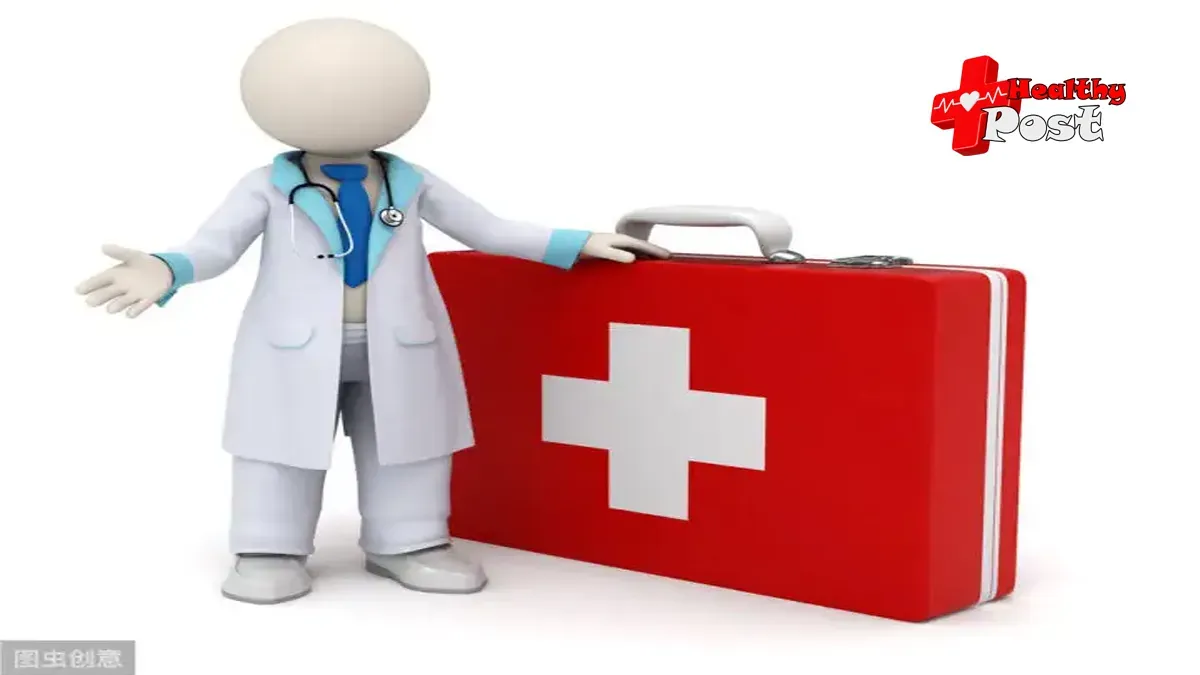
Let’s know Common first aid knowledge in life
In life, almost everyone of us will encounter some unexpected situations. When we encounter these unexpected situations, if we do not operate properly, it is very likely to cause unpredictable harm to ourselves or others. Therefore, it is very necessary to master certain first aid knowledge. Let’s follow the editor to learn about some first aid knowledge that we often encounter in life.
1. Foreign matter in the eye
First, blink hard and frequently to flush out the foreign object with tears; or pinch your eyelids and rinse your eyes under the faucet. Remember to remove your contact lenses. If corrosive liquid enters your eyes, seek medical attention immediately.
2. Sprain
For mild sprains, you should first apply cold compress to the affected area, and then switch to hot compress after 24 hours. Do not move the injured joint at will, otherwise it is easy to cause ligament tearing.

3. Electric shock
Cut off the power supply immediately. If you cannot find the switch, you can use an insulator to pry open the wires or cut them. Lift the person who has been electrocuted to a ventilated place, undress them, and if they stop breathing, perform mouth-to-mouth artificial respiration.
4. Heatstroke
For mild heatstroke, quickly move the victim to a cool, well-ventilated area to rest, remove or loosen clothing, and wipe the body with a wet towel to cool down. If the heatstroke is severe and the victim becomes unconscious, seek medical attention immediately.

5. Burns
Immediately rinse the burned area with cold water or apply a cold compress for about 15 minutes. Do not apply medication to the burn without authorization. If blisters form on the burn, do not prick them; seek medical attention instead.
6. First aid for foreign body inhalation
If a foreign object accidentally enters the trachea or esophagus, the patient should be placed head down and have his or her back patted to prevent the foreign object from blocking the trachea and causing suffocation.
7. First aid for infant choking
If a baby chokes while feeding or giving medicine, immediately turn the baby upside down and pat their bottom to help dislodge the obstruction. If a baby chokes while sleeping or is swaddled too tightly, perform mouth-to-mouth resuscitation and rush to the hospital.
8. Nosebleeds
Pinch the nostrils with your fingers for 4-8 minutes, or use a cotton ball soaked in ice water to pack the nasal cavity to stop the bleeding. If these methods still do not stop the bleeding, you should go to the hospital immediately.
9. Toothache
Rinse your mouth with warm water and use a toothpick to remove food from the cavities. Then, rinse your mouth with baking soda and water, then fill it with small balls made of baking soda. Take aspirin orally.
10. Cardiopulmonary resuscitation
For patients who have suddenly stopped breathing but whose heart is still beating, artificial respiration can be performed. First, quickly move the patient to a well-ventilated, spacious area. Keep the patient warm. Loosen the patient’s collar and trousers, raise their back and waist, tilt their head slightly back, and remove any dentures, mud, or other objects that could impede breathing from their mouth. Place a towel between their upper and lower teeth, and slightly open their mouth. The practitioner should lift the patient’s chin with one hand and pinch the patient’s nostrils with the other. Take a deep breath, then blow forcefully into the patient’s mouth. Then release the nostrils. Repeat this 16 to 20 times per minute until breathing resumes.


One thought on “Let’s know Common first aid knowledge in life”